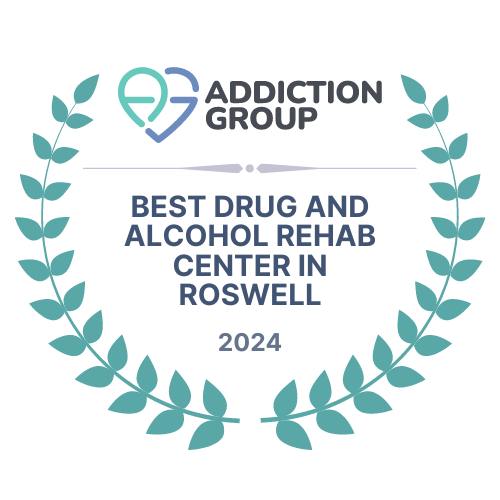Mindfulness, a practice rooted in ancient tradition, has gained modern relevance in various therapeutic contexts, including addiction recovery. Its core principle—paying non-judgmental attention to the present moment—offers profound benefits for individuals seeking to overcome addiction. This post delves deeply into how mindfulness can alter the recovery landscape, providing mental, emotional, and physiological benefits.
Understanding Mindfulness
This practice involves maintaining a moment-by-moment awareness of our thoughts, feelings, bodily sensations, and surrounding environment. This practice emphasizes acceptance—meaning we pay attention to our thoughts and feelings without judging them as good or bad. In addiction recovery, this can help individuals recognize and cope with cravings and negative emotions more effectively.
The Science Behind Mindfulness and Recovery
Research in neuroscience has shown that mindfulness practice can lead to changes in the brain areas related to attention, emotion regulation, and habit formation. These changes can help decrease the “automatic” reactions often associated with addiction behaviors. By increasing the grey matter in the prefrontal cortex, this can strengthens the brain’s ability to regulate emotions and make thoughtful decisions.
Specific Practices for Addiction Recovery
Guided Mindfulness Meditation: Starting with guided sessions can help those new to mindfulness ease into the practice. These sessions can focus on breathing techniques and awareness of bodily sensations.
Mindful Breathing: This practice involves focusing solely on the breath, observing each inhale and exhale to anchor the mind in the present moment.
Body Scan Meditation: This involves mentally scanning the body from head to toe, observing any discomfort, tension, or pain without judgment to improve body awareness.
Mindful Observation: This practice encourages focusing on a particular object within your visual field, which helps enhance concentration and focus.
Benefits of Mindfulness in Recovery
Stress Reduction: It significantly reduces stress, a common trigger for relapse, by enhancing physiological relaxation responses.
Emotional Regulation: Improved management of emotions helps individuals handle recovery challenges more effectively.
Decreased Depressive Symptoms: Regular practice can alleviate symptoms of depression by changing the way people react to stress and negative thoughts.
Enhanced Self-awareness: By becoming more aware of their triggers and cravings, individuals can develop effective strategies to avoid relapse.
Integrating Mindfulness into Daily Life
Incorporating this practice into recovery involves routine practice and patience. It’s beneficial to start with short sessions, gradually increasing the duration as comfort with the techniques grows. It’s also helpful to attend workshops or retreats specifically designed for addiction recovery.
Challenges in Practicing Mindfulness
Despite its benefits, practicing can be challenging, particularly in early recovery when concentration levels can be low. Common hurdles include dealing with distractions, frustration over “not doing it right,” and impatience with results. Overcoming these challenges typically requires persistence, practice, and possibly guidance from a mindfulness coach or therapist.
Conclusion
Mindfulness is more than just a practice—it’s a transformative approach that can profoundly impact the journey of addiction recovery. By fostering a deep, non-judgmental understanding of one’s thoughts and feelings, it equips individuals with the tools needed to navigate the complexities of recovery with grace and perseverance. For anyone committed to overcoming addiction, integrating this into their recovery strategy offers a pathway not just to sobriety but to a more aware and fulfilling life.
In conclusion, this is a powerful tool that can significantly enhance the effectiveness of addiction treatment and support offered at Renew Health. By integrating these practices into their recovery journey, individuals can cultivate greater self-awareness, emotional regulation, and resilience. These techniques such as meditation, deep breathing, and awareness can help individuals manage cravings, reduce stress, and navigate challenging emotions with greater ease.
At Renew Health, we recognize the transformative potential of mindfulness in promoting holistic well-being and empowering individuals to reclaim their lives from addiction. Whether it’s through individual therapy sessions, group mindfulness classes, or incorporating this into daily routines, we are committed to supporting our patients.






